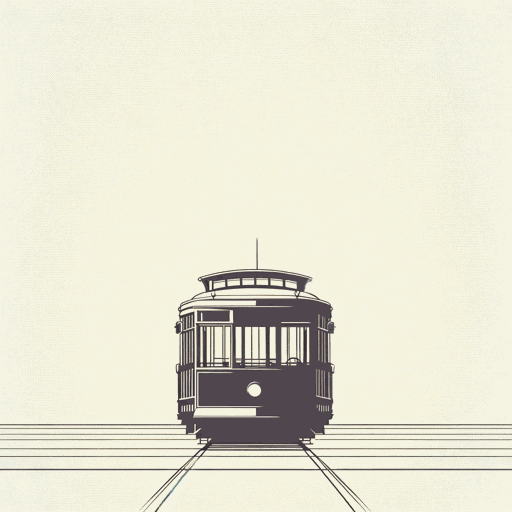73 pages • 2 hours read
Tennessee WilliamsThe Glass Menagerie
Fiction | Play | Adult | Published in 1945A modern alternative to SparkNotes and CliffsNotes, SuperSummary offers high-quality Study Guides with detailed chapter summaries and analysis of major themes, characters, and more. For select classroom titles, we also provide Teaching Guides with discussion and quiz questions to prompt student engagement.
Themes
Time and Memory
In his opening monologue, Tom explains that the events of the play are a memory. Tom’s location in time is perpetually unclear, and at the end of the play, he says, “Time is the longest distance between two places” (784). The passage of time has moved him farther and farther away from the actual events, but memory keeps them close. Time also distorts memory, which the play depicts through the conventions of expressionism—a means that works to convey an unreliable narrative, warped by Tom’s perspective and hindsight. He admits that, as a poet, he has imposed poetic symbolism. When Tom left his mother and sister, he had to be ruthless and save himself. This raises the question as to what his memory changes in recounting the moments that led up to his escape. In Tom’s version, his escape is justified. Amanda is overbearing, unreasonable, and at times, delusional. Laura, although seemingly hopelessly helpless, appears to have achieved a new level of self-reliance after the evening with Jim. The Laura who gives Jim her broken unicorn and smiles at her mother seems like a young woman who will survive without her brother.
Related Titles
By Tennessee Williams

A Streetcar Named Desire
Tennessee Williams

Cat on a Hot Tin Roof
Tennessee Williams

Orpheus Descending
Tennessee Williams

Suddenly, Last Summer
Tennessee Williams

Sweet Bird of Youth
Tennessee Williams

The Night of the Iguana
Tennessee Williams

The Rose Tattoo
Tennessee Williams

